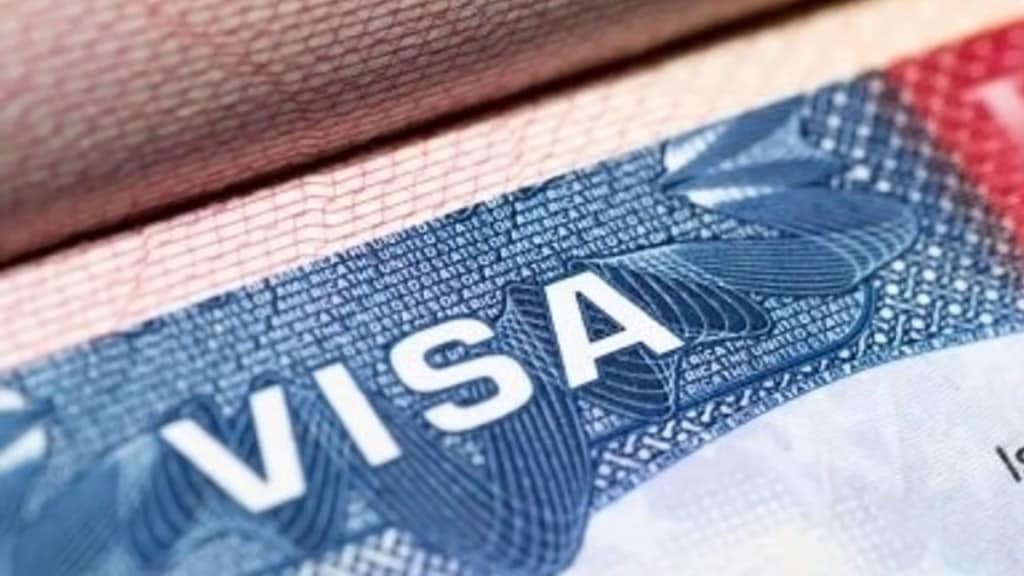The latest US move to sharply increase H-1B visa fees is expected to cause only a limited financial impact on domestic IT services companies, even though it has rattled the industry and triggered concerns of higher costs. According to analysts, the levy will add near-term volatility but will not materially dent margins or earnings, as vendors have steadily reduced reliance on H-1B workers and built alternative delivery models.
The $100,000 fee on new H-1B applications will only take effect from FY27, since applications for FY26 are already locked in. Renewals and the existing stock of visas are excluded from the hike, limiting its immediate fallout.
According to brokerages, large-cap players such as TCS, Infosys, HCLTech and Wipro are relatively well placed to absorb the change. According to CLSA, the levy could translate into a 6% hit to FY27 earnings in a scenario where companies bear the full burden. But given extensive local hiring in the US and robust offshore delivery networks, the brokerage expects the drag to be only 1-3% on net profit for leading firms.
ICICI Securities
According to ICICI Securities, the additional cost would mean a roughly 100 basis point margin headwind and up to a 6% earnings impact if companies continue to rely on new H-1B hires. However, it said that firms can mitigate the effect by recruiting more local talent in the US while keeping a favourable employee pyramid. “In the medium term, IT services companies should benefit from this move, as it would trigger higher offshoring to reduce costs,” it said.
Indian vendors have in recent years stepped up localisation in the US, expanded near-shore centres in Canada, Mexico and Latin America, and leaned more on their offshore workforces. Only about 20% of employees at large IT firms are now based on-site in the US, and of this pool, just 20-30% are on H-1B visas. That implies H-1B workers make up a mere 3-5% of the active workforce at a typical vendor, significantly reducing the risk from fee hikes.
Motilal Oswal Financial Services
According to Motilal Oswal Financial Services, while the H-1B programme is often linked to Indian IT, big tech companies such as Google, Amazon, Microsoft and Meta actually account for a larger share of fresh applications. For Indian IT firms, localisation and subcontracting have long been integrated into delivery models, cushioning them against abrupt policy changes.
Nuvama Institutional Equities
Nuvama Institutional Equities said the fee hike will inevitably raise costs but companies will be able to quickly adjust through more efficient staffing models. “The impact on margins and earnings is likely to be limited, as companies will explore cost-efficient ways of doing business. Over the medium to long term, the situation will stabilise as the sector companies discover more ways to operate efficiently,” it said in a note.
